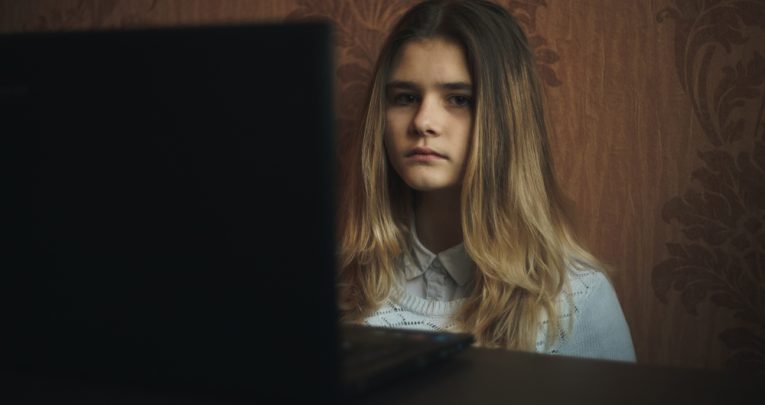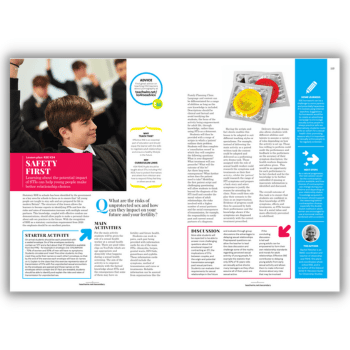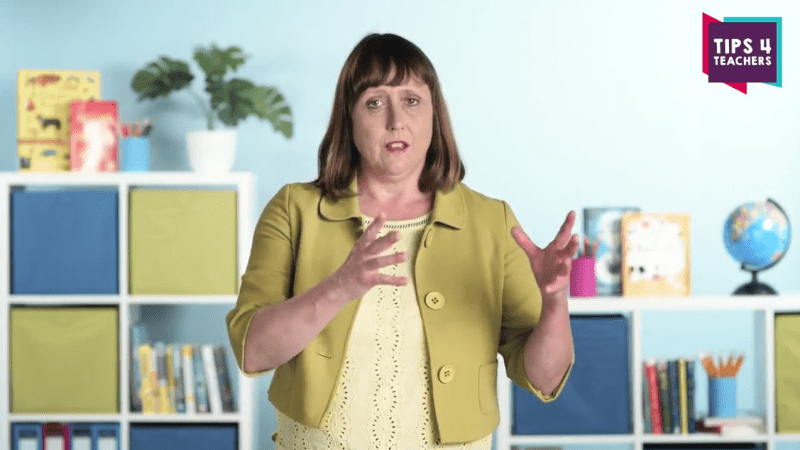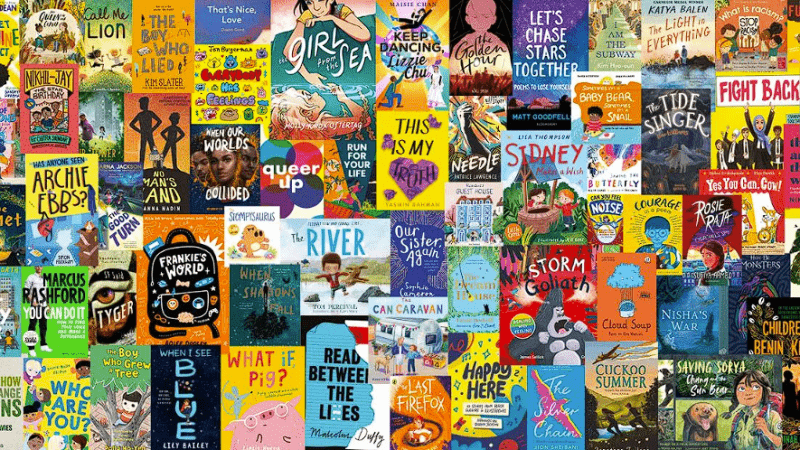How do you Think Child Sexual Exploitation Victims Feel Being Made to Watch CSE Films in Class?

Teachwire agony aunt Nicole Ponsford tells you what you need to know about CSE

- by Teachwire

Whether it’s due to our own experiences, a lack of training, discomfort, or our beliefs, Child Sexual Exploitation (CSE) is a topic few of us want to discuss. However, against a background of mental health cuts, it is a topic that is explored in schools, rightly so, but unfortunately all too often with dangerous naivety.
Barnardo’s states that the children most vulnerable to CSE are between the ages of 13–15, but younger children are being targeted all of the time.
The NSPCC cites that CSE is often a “hidden crime” which can mean that children in your classroom are victims of it, and you have no idea.
What not to do
The current backdrop of powerful figures involved in sexual harassment, abuse and crimes are making a social media talking point for many adults. For children overhearing ‘snatches’ of conversations, it is an area that can need more explanation for them. So when they ask you, what do you do?
Gone are the years – thankfully – when it was enough to wheel out the TV and pop on a VHS such as this:
Many schools resort to working with outside agencies. However, this can make things worse, as reflected by the Twitter campaign, #nomoreCSEfilms.
Established by Jessica Eaton, a national speaker, writer and researcher in sexual violence, and PhD forensic psych researcher in victim blaming (victimfocus.org.uk), she is promoting awareness of harmful wrongdoing by schools.
This includes victims of CSE being made to watch films about the topic at school, and then asked to recite poems about it to their classmates.
Imagine having been abused, and then having to hear your class read out poems informing you how you should have avoided it – or worse, read it out yourself.
As a parent and teacher, it both sickens and angers me. And if you’re anything like me, it probably does you too.
Please see more examples here.
Jessica says that she does not currently support the use of any CSE films in current circulation, saying:
“This is because not one single organisation has put their film and resource through empirical testing, psychological oversight, ethical review – and none can prove that their film works as an intervention, prevention or support mechanism. In fact, when I have challenged those organisations, I have been told I am being ‘too academic’ and that ‘evidence is not needed’ before using these films with children.”
What To Consider
Thankfully Jessica has suggested a number of ways you can do this right here. The top suggestions that stood out to me are:
- Do not show any CSE films to children who have been abused or traumatised – or are currently ‘at risk’ or being groomed for CSE/A
- Any teaching or resources should be focused on the actions, decisions or issues of the sex offender – not the child. Teach children that people who harm them do so because they want to, not because there is anything wrong with them
- Steer clear of depicting ‘vulnerable’ children – many resources show a child who is having some sort of ‘problem’ which makes them ‘vulnerable’ to a sex offender. There is no evidence at present that vulnerabilities lead to being sexually exploited – and vulnerabilities are not a pre-requisite to being sexually abused. If you would like a thorough argument, please read the new CSE Evidence Review (Eaton and Holmes, 2017)
- Don’t show a linear grooming process where the perp is nice to them and makes them think they are in a relationship and then eventually harms them – grooming rarely works like that in real life and we are giving children a romanticised version of abuse. Not only this, but we are teaching children and professionals that the ‘harm’ of abuse comes at the ‘end’ of a linear grooming process, instead of teaching them that the entire process is harmful and manipulative.
- Don’t show online abuse as some fat old ugly bloke posing as a teenager online to groom kids, the research does not support this at all – and it is causing a narrative in professionals all over the UK who think that online abuse is a sex offender who poses as children and then ‘tricks’ them into meeting them.
Speak to your Safeguarding Lead at school, and discuss the training offers they have had. If you are that person, I suggest the following links, keeping in mind Jessica’s advice:
Nicole Ponsford is an educational writer, editor, speaker and coach. She is the the co-author of TechnoTeaching: Taking Practice to The Next Level in the Digital Age, and co-founder of TechnoTeachers. Follow her on Twitter at @nicoleponsford.











